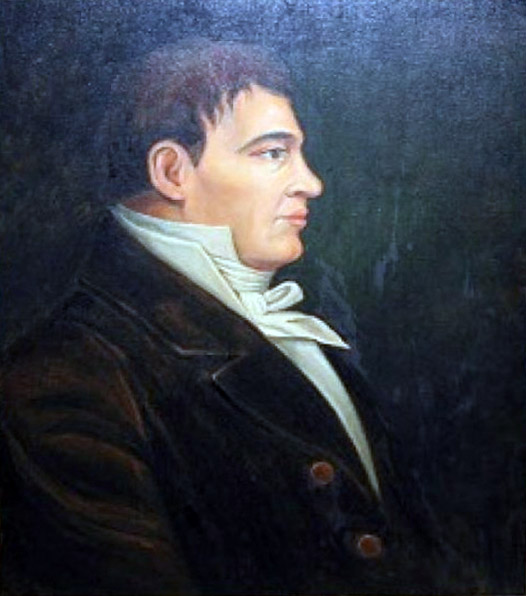Headwaters at Continental Divide S of Yellowhead Pass, flows into Pacific Ocean at Vancouver
49.1183 N 123.1908 W — Map 92G/3 — Google — GeoHack
Earliest known reference to this name is 1813 (David Thompson)
Name officially adopted in 1910
Official in BC – Topo map from Canadian Geographical Names
David Thompson’s map North-West Territory of the Province of Canada 1814
Map North America 1817 [as “Fraser’s R.”]
Sax’s map North America 1818
Harmon’s map interior of North America 1820
John Arrowsmith’s map BC 1859
Milton and Cheadle’s map 1865
Trutch’s map of BC 1871
Tolmie and Dawson map Indian Tribes of BC 1884
Brownlee’s map Province of BC 1893
Boundary Commission Sheet 27 (surveyed in 1920 & 1921)
Boundary Commission Sheet 29 (surveyed in 1917)
The name was officially adopted by the Geographic Board of Canada in 1910, as long-identified on maps and in journals. The name was re-approved in in 1915 to specifically identify the Fraser River as the main channel sometimes known as the South Fork Fraser River (the portion between Yellowhead Lake and Prince George), the former North Fork Fraser River being the current McGregor River.
The first European to mention the Fraser River was Alexander Mackenzie [1764–1820] during his journey to the Pacific in 1793. On a map printed with his Voyages in 1801, Mackenzie called the river “Tacoutche Tesse, or Columbia River.” The Spanish explorers never found their way up the mouth of the Fraser, but in 1791, finding evidence that they were near the mouth of a major river, they named it “Rio Floridablanca” in honor of the prime minister of Spain.
The Fraser River was also known in the early days as the New Caledonia River. It was named after Simon Fraser in 1813 by David Thompson [1770–1857] (the Thompson River was given its name by Fraser).
“Fraser River / Fleuve Fraser” is among the 75 “Pan-Canadian names,” large and well-known Canadian features and areas designated in Treasury Board Circular 1983-58 to require presentation in both official languages of Canada on federal maps. In French, a fleuve is a river that flows into an ocean or sea.
- Mackenzie, Alexander [1764–1820]. Voyages from Montreal on the River St. Lawrence through the Continent of North America to the Frozen and Pacific Oceans in the Years 1789 and 1793 with a Preliminary Account of the Rise, Progress, and Present State of the Fur Trade of That Country. London: T. Cadell, Jun., and W. Davies, 1803. Internet Archive
- Fraser, Simon [1776–1862], and Lamb, William Kaye [1904–1999], editor. The letters and journals of Simon Fraser, 1806-1808. Toronto: MacMillan, 1960. Internet Archive
- Thompson, David [1770–1857]. David Thompson’s Narrative of his explorations in western America, 1784-1812. Joseph Burr Tyrrell, editor. Toronto: Champlain Society, 1916. University of British Columbia
- Story, Norah. The Oxford Companion to Canadian History and Literature. Toronto: Oxford University Press, 1967
- Akrigg, Helen B., and Akrigg, George Philip Vernon [1913–2001]. British Columbia Place Names. Vancouver: UBC Press, 1997. Internet Archive [accessed 6 February 2025]
- British Columbia Geographical Names. Fraser River
- Wikipedia. Fraser River
